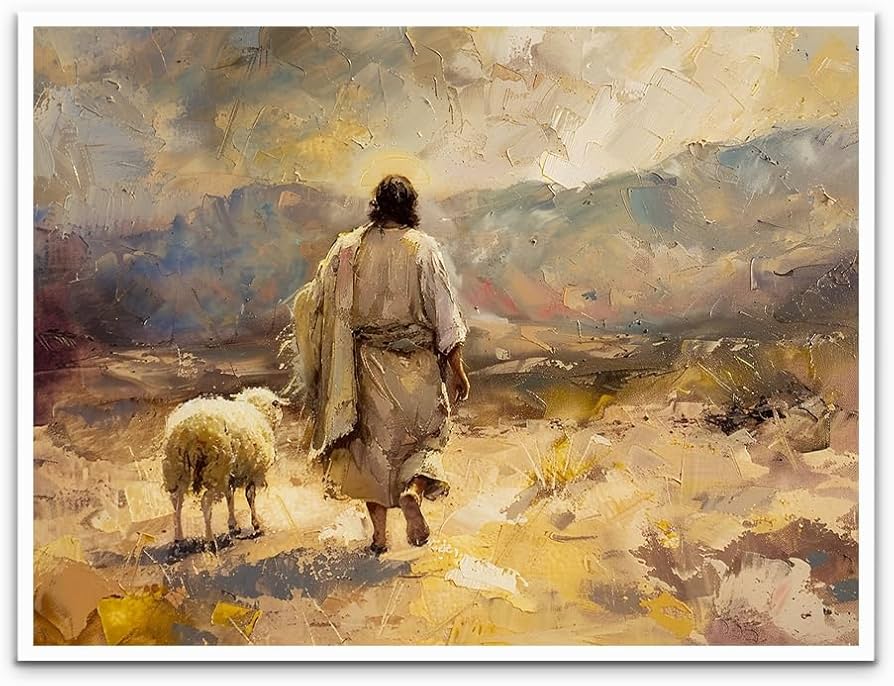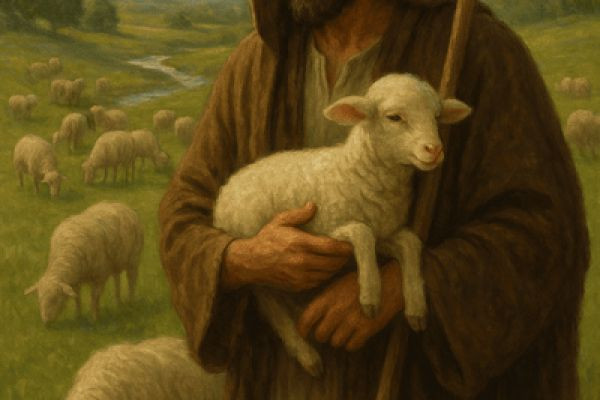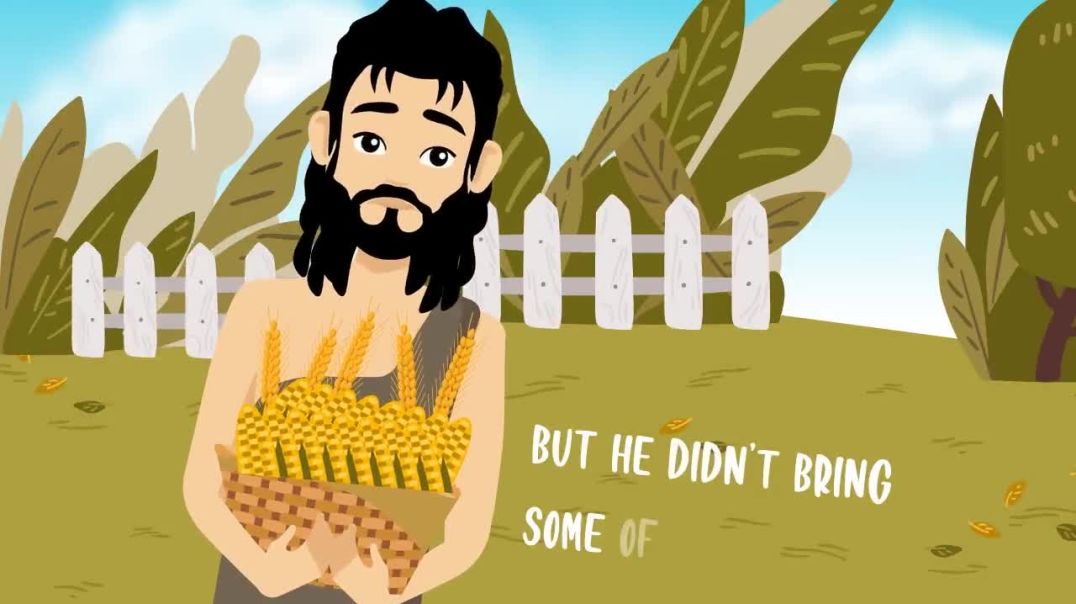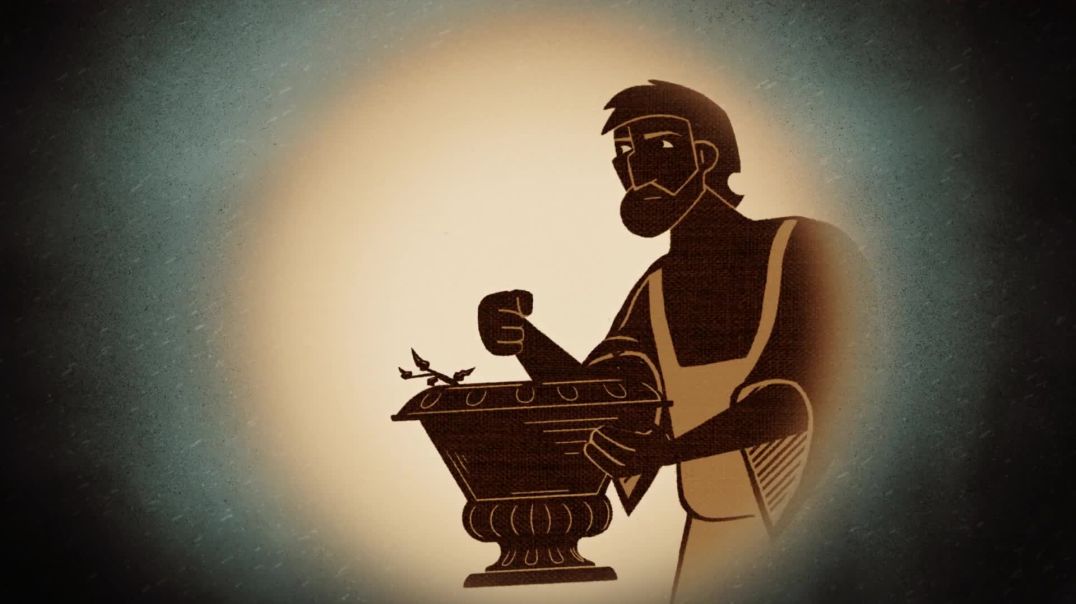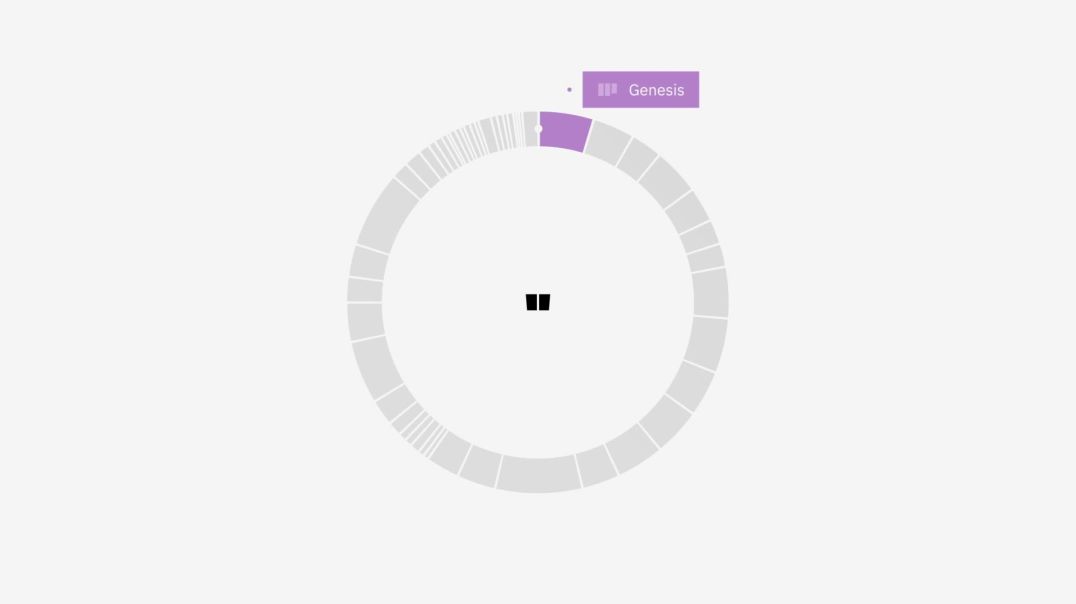The Real Meaning of “The Lord Is My Shepherd”

1. Context & Background
The phrase “The Lord is my shepherd” comes from Psalm 23 in the Bible (verse 1). The psalm is traditionally attributed to David, who as a young man tended sheep and thus used the shepherd imagery naturally. (Christianity.com)
In the ancient Near-East, a shepherd was not merely a wanderer with sheep; he was protector, guide, provider, and caretaker for the flock. And sheep were highly dependent—they didn’t fend for themselves. So when David writes “The Lord is my shepherd,” he’s invoking a deeply familiar picture of care and guidance. (Christian Pure)
2. What the Phrase Means
“The Lord is my shepherd; I shall not want.” (Psalm 23:1)
“The Lord is my shepherd” = God takes on the role of the shepherd. He is personally involved in guiding, protecting, and providing. (Christian Walls)
“I shall not want” doesn’t mean we’ll have every luxury, but it means that under His care we have what we fundamentally need. Our deepest needs are met. (Bible Is Life)
So the phrase conveys: I belong to God, He watches over me, I am under His care, and I can trust that I’ll lack nothing essential.
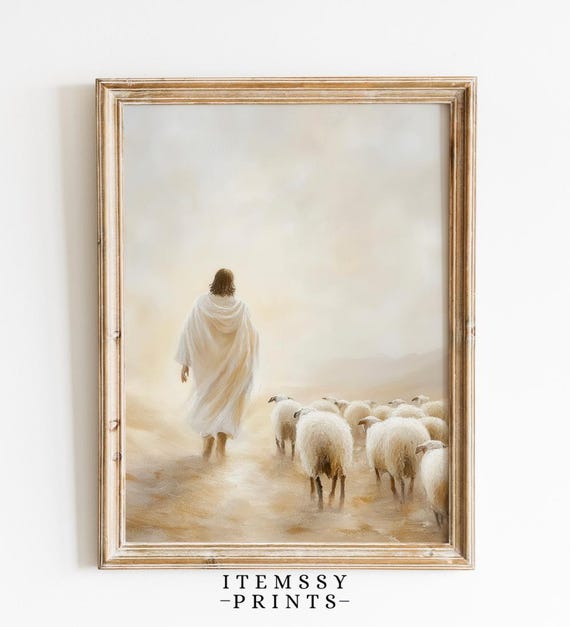
3. Deeper Layers of Meaning
Relational: The phrasing is personal. “My shepherd” shows an intimate, individual relationship, not a distant cosmic force. (Christian Pure)
Provision: The shepherd imagery implies that the one being shepherded has needs—food, rest, direction—and the shepherd supplies them. “I shall not want” reflects the confidence that in God’s care, I will not be abandoned. (Christianity.com)
Guidance & Protection: Later verses in Psalm 23 speak of “green pastures,” “still waters,” “the valley of the shadow of death,” “rod and staff” — all imagery of shepherding through calm, danger, rest, and renewal. (BibleInfo)
Eternal & Present: While the shepherd metaphor speaks to present experience (rest, guidance, protection), it also looks ahead to dwelling with God forever: “I will dwell in the house of the Lord forever.” (Deba)
4. Why It Matters
It speaks to a secure identity: As believers understand it, we are the flock of the Shepherd; we are known by Him. (Christianity.com)
It offers comfort: In seasons of fear or danger (“the valley of the shadow of death”), we are not alone—the shepherd is with us. (BibleInfo)
It calls to trust and surrender: To accept God as our shepherd is to yield to His guidance rather than trying to survive on our own strength and direction. (Christian Walls)
It shifts our focus from lack to sufficiency: “I shall not want” turns our mindset from scarcity to assurance in Him. (Bible Is Life)
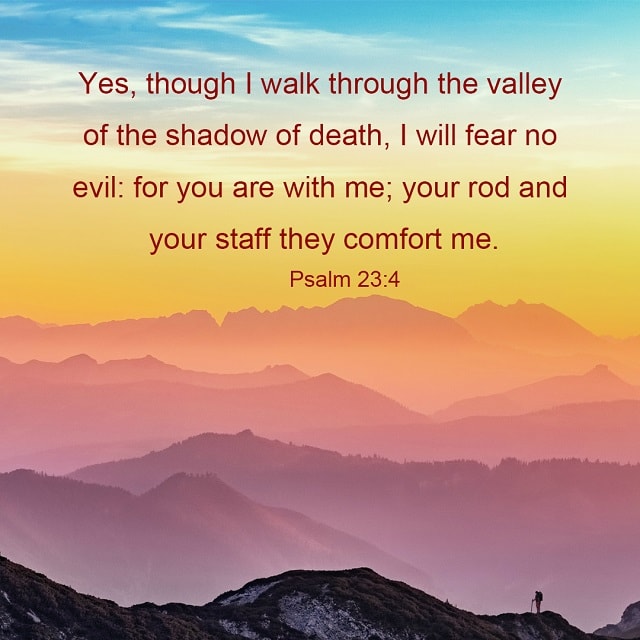
5. Application: How to Live with “The Lord is My Shepherd”
Recognize daily your need for guidance, protection, nourishment—not just physically but emotionally and spiritually.
Allow God to lead you beside “still waters” and into “green pastures” — in your life, find rest, renewal, calm.
When you face a “valley” (pain, fear, uncertainty), remember the shepherd is with you, and His rod and staff provide comfort.
Practice dwelling in God’s presence—cultivating a relationship where you know Him as your shepherd, not just conceptually but personally.
Live in the reality that lack is not the ultimate story—under the Shepherd you have what you need, and you are headed toward dwelling with Him forever.
6. Summing Up
When David said, “The Lord is my shepherd,” he wasn’t offering a poetic platitude—he was declaring a profound truth: God is my caring guide, provisioner, protector, and destination. This phrase invites us into rest and trust, knowing we are not wandering alone. It invites a life grounded in His leadership, not our own striving.
